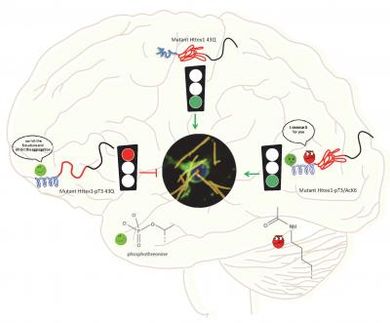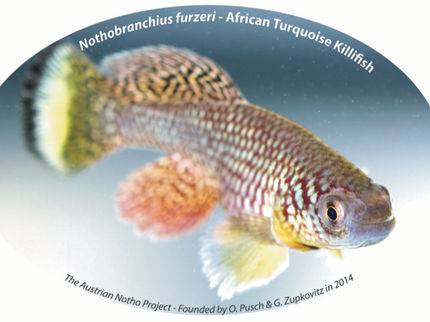Aortic aneurysm treatable with asthma drugs
Advertisement
A new study from Karolinska Institutet shows that asthma drugs are a potential treatment for aortic aneurysm. These drugs, which block cysteinyl-leukotrienes, could reduce the break down of vessel wall tissue and the dilation of the aortic wall, and thus the risk of its rupturing. This could both save lives and reduce the need for complicated and risky surgery.
Aortic aneurism is a life-threatening disease caused by the weakening of a section of the wall of the aorta, which then dilates and, in advanced cases, risks rupturing. If the condition is discovered in time, surgery is a possible course of action, but often the disease develops unnoticed, causing death by sudden and massive internal haemorrhage when the aneurysm bursts.
Aortic aneurysms are more common in the 65-plus age group, and amongst men. One of the causes of the disease is a chronic inflammatory, multi-signal molecule process which activates enzymes that slowly break down proteins and the various components of the vessel wall tissue. This promotes the development of the disease and the eventual rupture of the aorta.
Researchers at Karolinska Institutet have now discovered that the wall of an aortic aneurysm contains increased levels of enzymes able to form what scientists call cysteinyl-leukotrienes. As these biologically potent substances trigger the contraction of smooth muscle and a swelling of the airways they can cause asthma, and therefore asthma patients are often treated with drugs that block cysteinyl-leukotrienes.
“We’ve also found that cysteinyl-leukotrienes can stimulate the release of protein-digesting enzymes called metalloproteases, which can contribute to the weakening of the aortic wall and the development of an aneurysm,” says Professor Jesper Haeggström, who led the study.
The researchers found that the introduction of an asthma drug blocked the cysteinyl-leukotrienes and thus impeded the release of the harmful metalloproteases. Their results suggest that this type of asthma drugs could be used to reduce aortic dilation and hence the danger of a ruptured aneurysm.
“These asthma drugs are both efficacious and safe, and we should soon be able to test any positive effect they might have on aortic aneurysm,” says Professor Jesper Haeggström.
Original publication: Di Gennaro A, Wågsäter D, Mäyränpää MI, Gabrielsen A, Swedenborg J, Hamsten A, Samuelsson B, Eriksson P, Haeggström JZ.; "Increased expression of leukotriene C4 synthase and predominant formation of cysteinyl-leukotrienes in human abdominal aortic aneurysm", PNAS 2010.




























































